Energy management power electronics have been defined as acquiring deep knowledge about the way of using electrical devices and circuits to effectively manage and customize energy flow in a system, special In applications such as renewable energy integration, grid stability and energy storage, using devices such as retenders, inverters, and converters, to change efficiently, control and conditioning electrical power, and energy loss and maximize the performance of the system By. Power Electronics are at the forefront of technological revolution- it becomes increasingly important in energy management, efficiency, and stability. Hence, for any PhD scholars intending to add their meaningful contribution towards work in this area, it is very important to select an appropriate research topic. Here are some of the best power electronics PhD research topics which address contemporary challenges and future prospect
Major areas of excelling in energy management power electronics are:
Knowledge of Power Electronic Devices:
Profound understanding of various power semiconductor devices such as IGBTs, MOSFETs, and diodes, their switching behavior, power handling capacity, and limitations.
Power Conversion Methods:
Knowledge of various power conversion topologies such as AC-DC rectification, DC-AC inversion, DC-DC conversion (boost, buck, buck-boost), and multilevel converters for effective energy transfer.
Control Strategies:
Skills in the design of control algorithms for power electronic converters to control voltage, current, and power quality, such as pulse width modulation (PWM), space vector modulation (SVM), and predictive control.
Renewable Energy Integration:
Utilization of power electronics to integrate intermittent sources such as solar and wind power into the grid without any discontinuity, controlling power fluctuations, and supporting grid functions.
Energy Storage Systems:
Power electronics circuit design for battery energy storage systems, maximizing charging and discharging cycles for highest efficiency and longevity.
Microgrid Applications:
Understanding the application of power electronics in controlling distributed energy sources in a microgrid to offer grid resilience and load balancing.
1. Power Electronics and Wide Bandgap Semiconductors
Therefore, the WBG materials which are changing the scene of power electronics with their efficiencies, better switching, and thermal performance are silicon carbide (or SiC) and gallium nitride (or GaN). Some of the research in this category includes:
•SiC and GaN-based power converter design and optimization.
•WBG device reliability and degradation analysis.
•Integration of WBG devices in electric vehicles (EVs) and renewable energy systems.
2. Smart Grid and Power Electronics Integration
Today's power grid is transforming with intelligent technologies, demanding sophisticated power electronics solutions for grid stability and energy efficiency. Some possible research areas include:
•Highly reliable grid-connected converters development.
•Power electronics solutions for demand-side management and stability in the grid.
•Machine learning techniques in intelligent energy distribution in the smart grid.
3. High-Efficiency Energy Storage Systems
Energy storage is an imperative part of the integration of renewable energy and electric mobility. Power electronic research for energy storage involves:
•Bidirectional converter design for battery management systems.
•Power conditioning methods for super capacitors and hybrid energy storage systems.
Advanced control algorithms dedicated to the optimization of usage and life time of the batteries.
4. Wireless Power Transfer (WPT) for Electric Vehicles and IoT Devices
Wireless power transfer is a mobility and consumer-electronics game-changer. The principal research topics are:
•High-frequency resonant converters for WPT.
•WPT coil design optimization with better efficiency and tolerance to misalignment.
•WPT applications in industrial automation and medical devices.
5. AI and Machine Learning in Power Electronics
The introduction of artificial intelligence and machine learning has provided a lot for power electronics. The monitor-control-predictive maintenance-adoptive control-efficiency optimization chain is the least of what we can benefit from it. The research topics are:
•Fault detection and diagnosis of power electronic systems using AI.
•Power converter control strategies based on reinforcement learning.
•Power quality monitoring and optimization with AI.
6. Transportation Electrification
Transportation electrification demands new power electronics solutions. Opportunities for research include:
•High-efficiency inverter design for EV drivetrain applications.
•Ultra-high-power DC-DC converters and fast-charging infrastructure.
•Power electronics for hybrid aircraft and marine electrification.
7. A Conversion and Integration of Renewable Energies to the Grid
Advanced power electronic converters and control strategies have been called for to improve conversion and integration of renewable energy sources, such as solar and wind.
Key areas include:
•Multi-level inverter development for photovoltaic (PV) systems.
• Grid-forming inverters for micro grid operation.
• Power electronics for wind energy systems at sea.
Conclusion
Power electronics is an exciting field with extensive research possibilities. Selecting an appropriate PhD topic not only ensures technological innovation but also tackles pertinent global issues such as energy efficiency and sustainability. Whether concentrating on materials, smart grids, or AI integration, PhD students have the potential to drive the future of energy management.
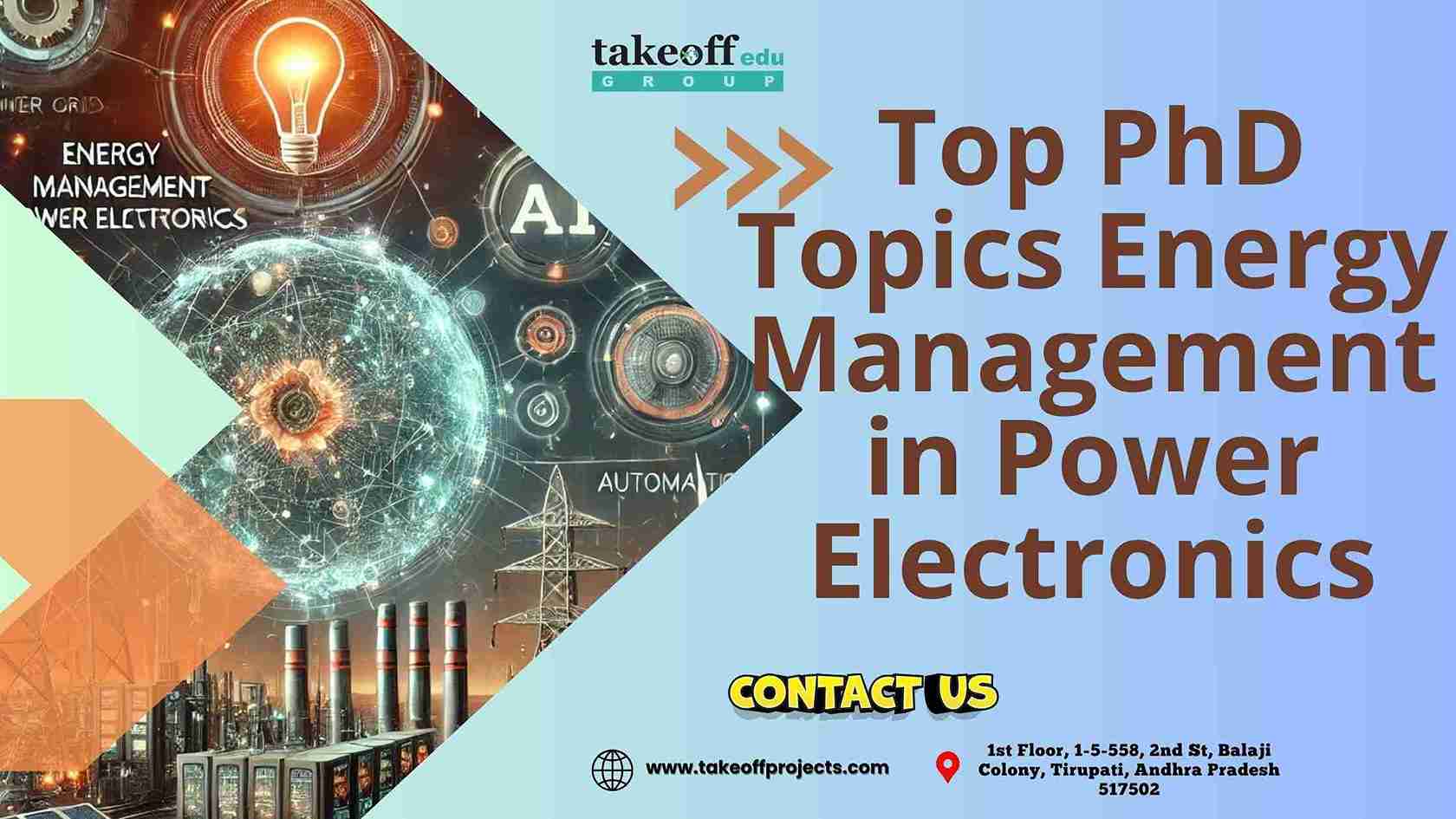
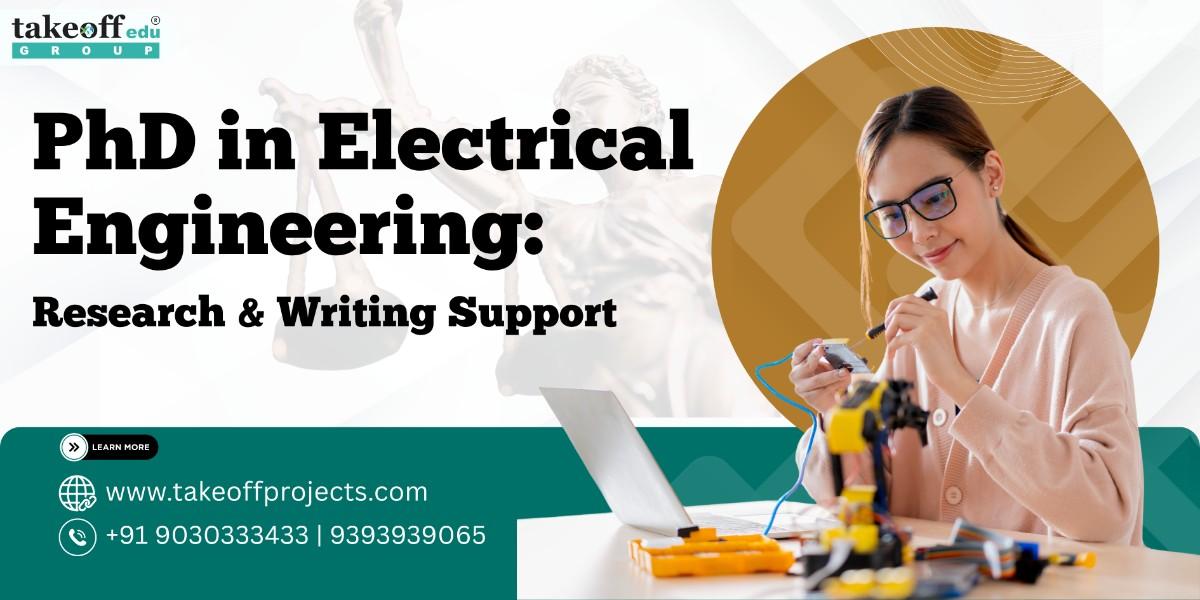 PhD in Electrical Engineering: Research & Writing Support
PhD in Electrical Engineering: Research & Writing Support  Which are the Best PhD Assistance and Dissertation Writing Services in India?
Which are the Best PhD Assistance and Dissertation Writing Services in India? 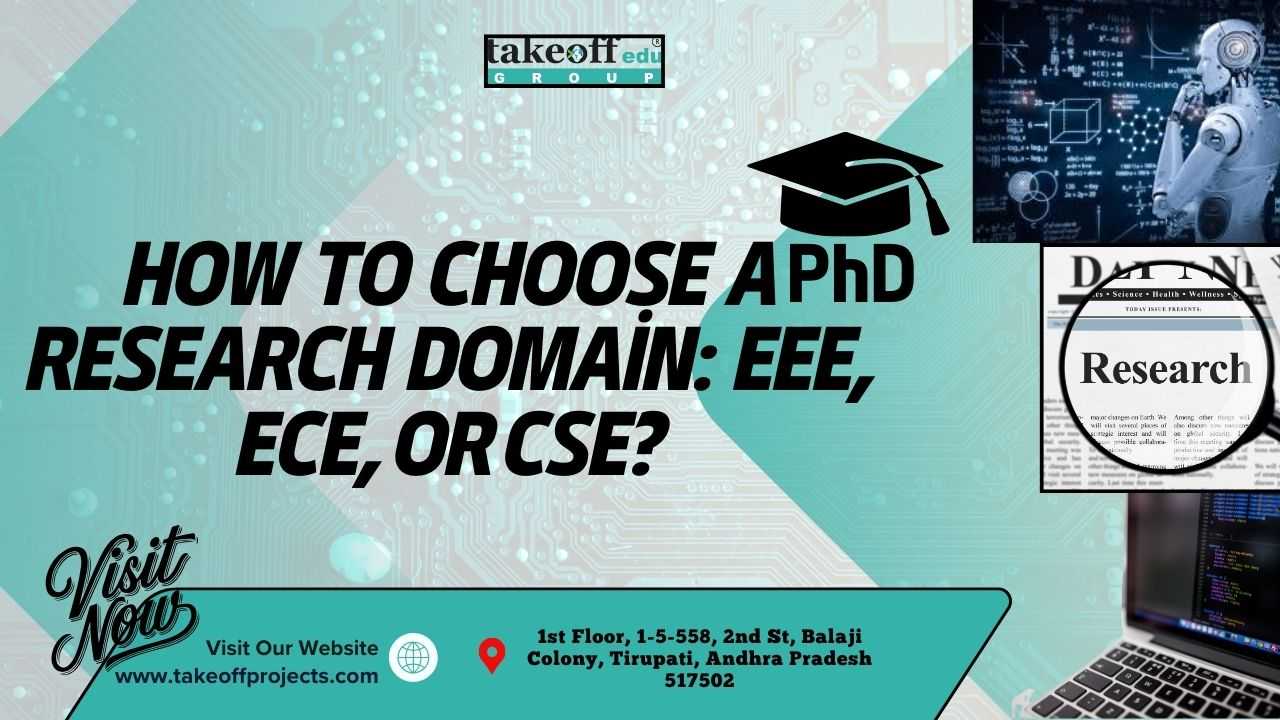 How to Choose a PhD Research Domain: EEE, ECE, or CSE?
How to Choose a PhD Research Domain: EEE, ECE, or CSE? 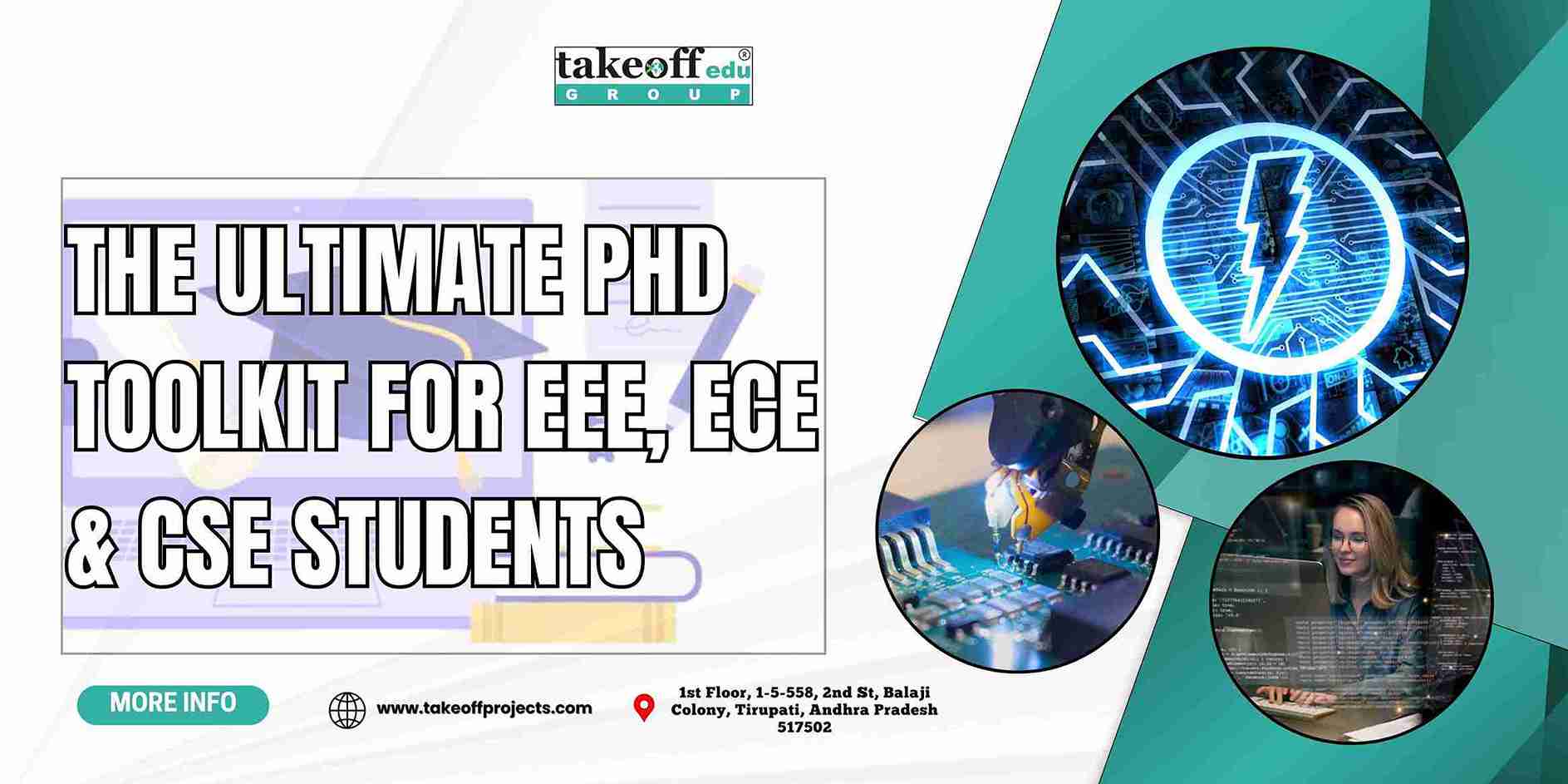 The Ultimate PhD Toolkit for EEE, ECE and CSE Students
The Ultimate PhD Toolkit for EEE, ECE and CSE Students  Publication Success in EEE, ECE, and CSE: Expert Tips for Engineering Scholars
Publication Success in EEE, ECE, and CSE: Expert Tips for Engineering Scholars 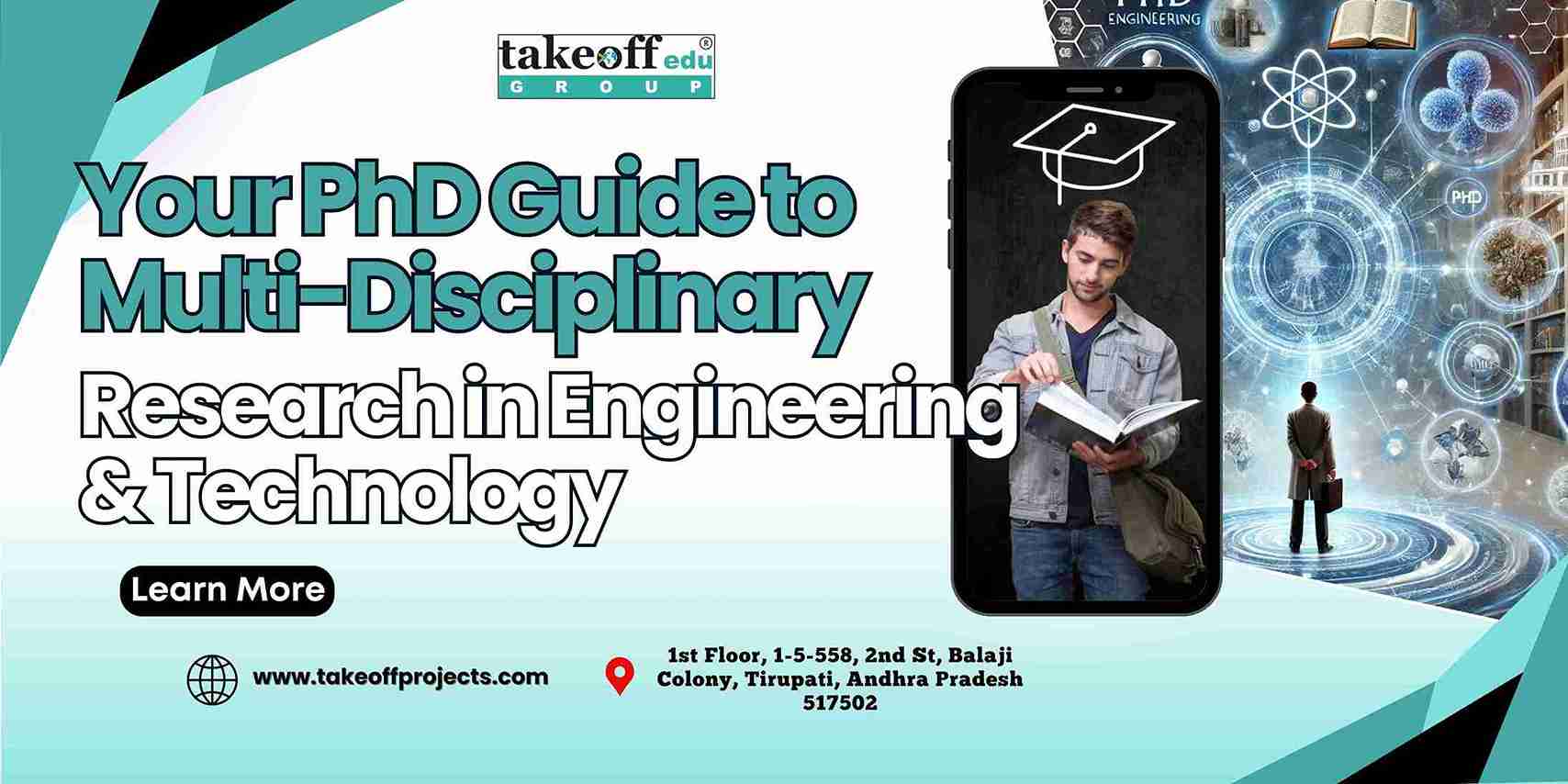 Your PhD Guide to Multi-Disciplinary Research in Engineering and Technology
Your PhD Guide to Multi-Disciplinary Research in Engineering and Technology  Top PhD Topics across EEE, ECE, and CSE: Bridging Innovation and Impact
Top PhD Topics across EEE, ECE, and CSE: Bridging Innovation and Impact 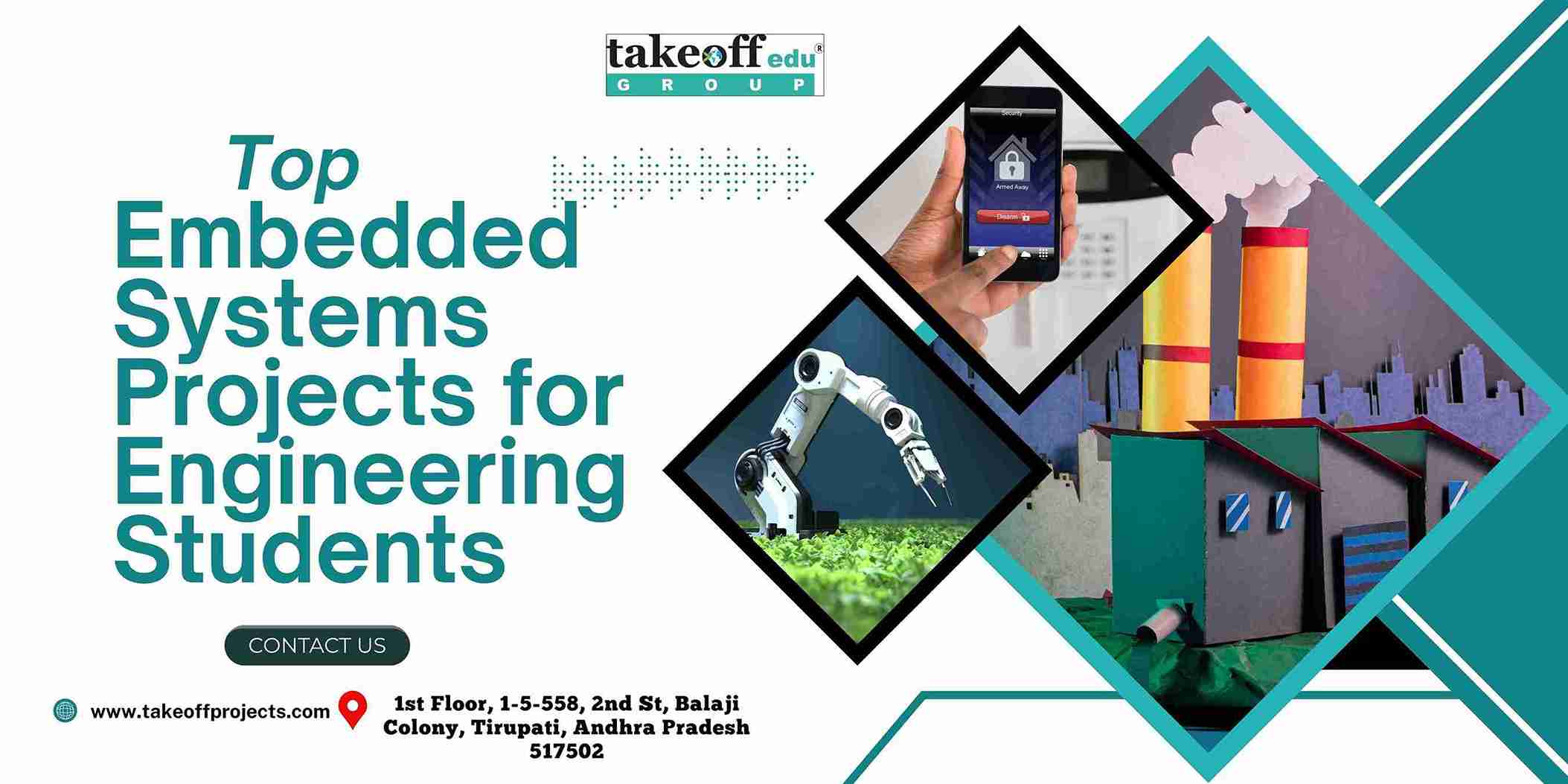 Top Embedded Systems Projects for Engineering Students
Top Embedded Systems Projects for Engineering Students  Crafting the Future of Tech: PhD Research Trends in Software Engineering
Crafting the Future of Tech: PhD Research Trends in Software Engineering 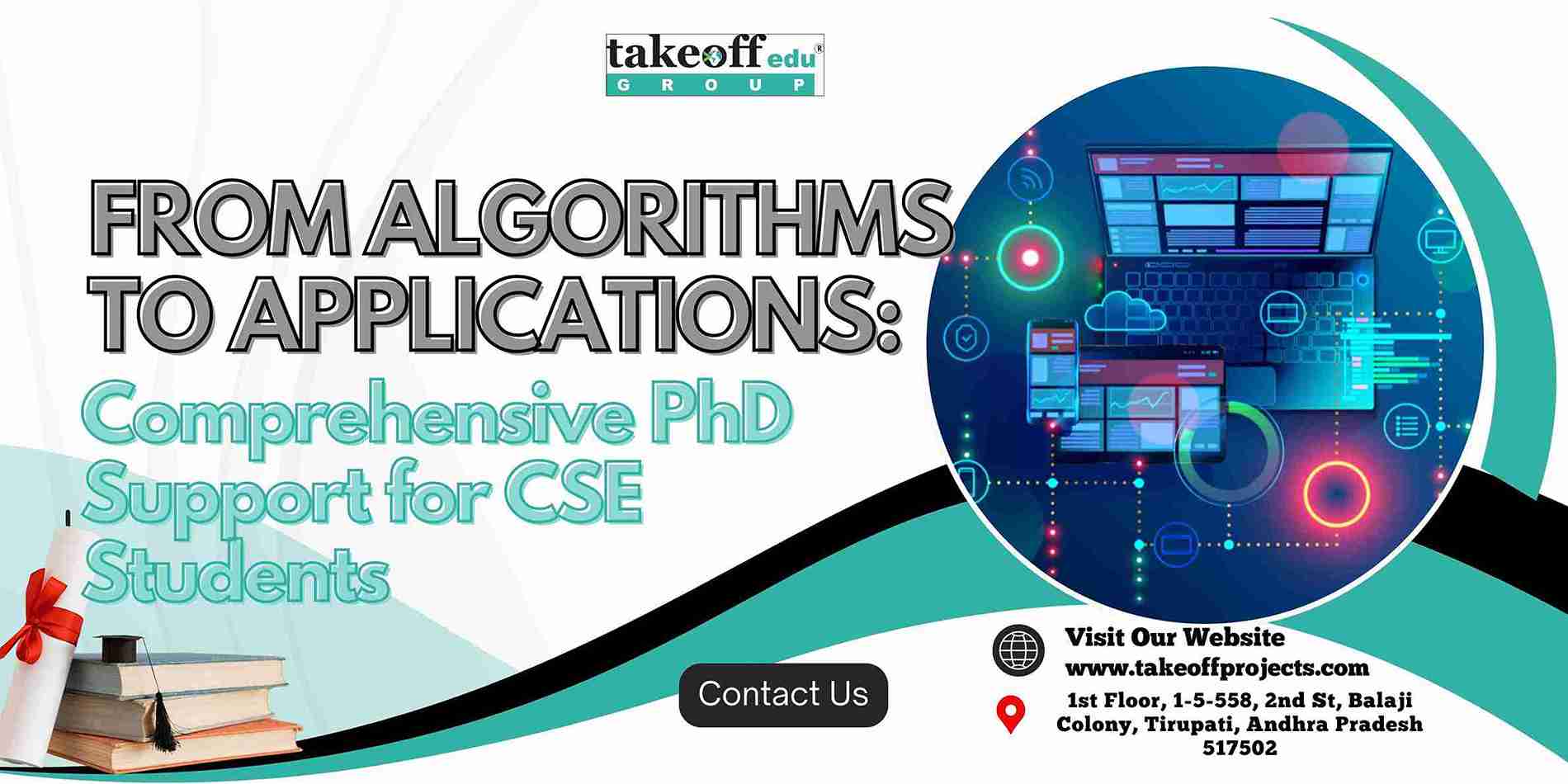 From Algorithms to Applications: Comprehensive PhD Support for CSE Students
From Algorithms to Applications: Comprehensive PhD Support for CSE Students  Cybersecurity and Blockchain: Pioneering Research Areas for PhD Scholars
Cybersecurity and Blockchain: Pioneering Research Areas for PhD Scholars  The Art of Writing High-Impact Research Papers in CSE Domains
The Art of Writing High-Impact Research Papers in CSE Domains 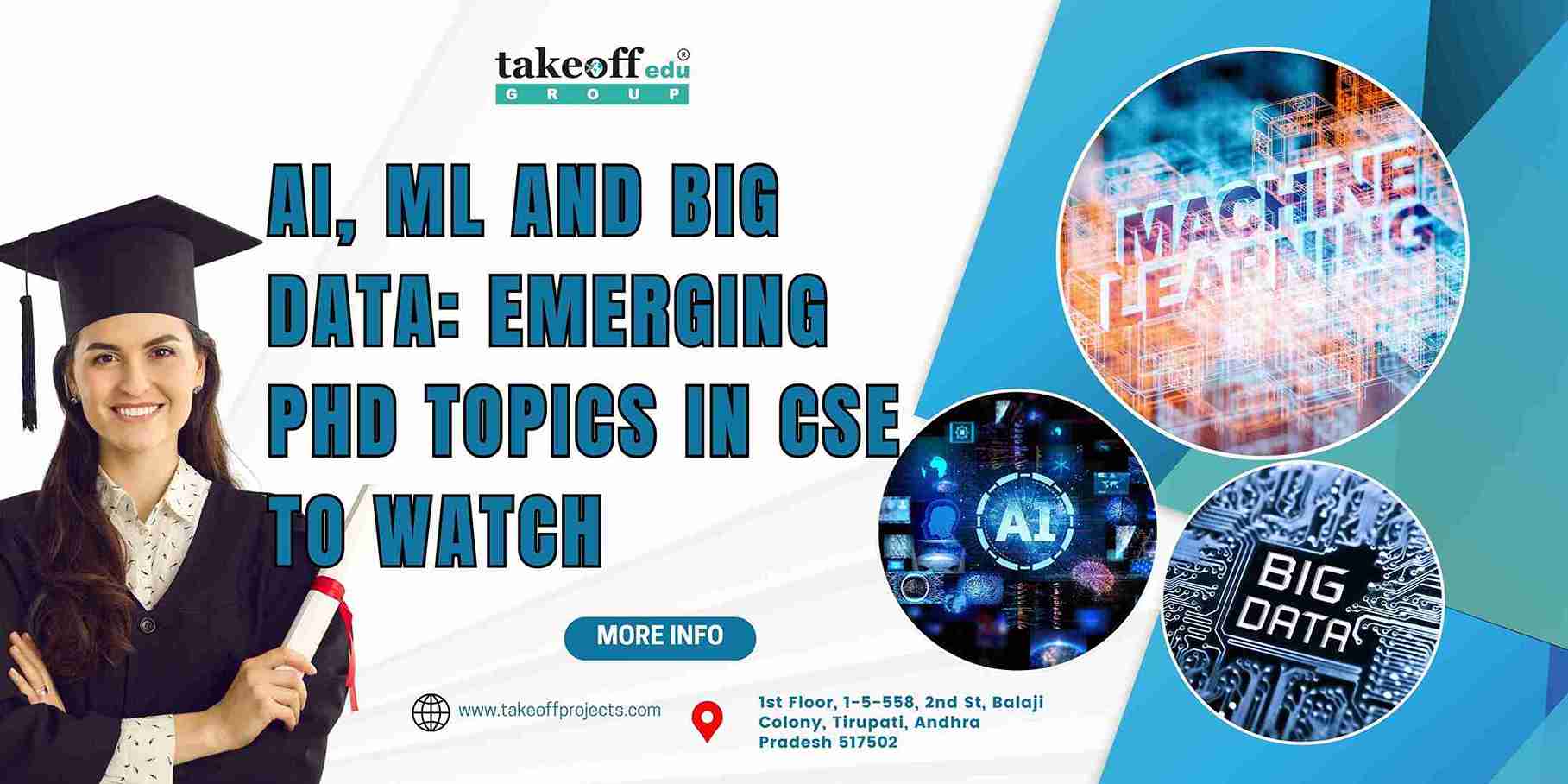 AI, ML, and Big Data: Emerging PhD Topics in CSE to Watch
AI, ML, and Big Data: Emerging PhD Topics in CSE to Watch  Top Research Trends in Electrical Drives for Aspiring PhD Scholars
Top Research Trends in Electrical Drives for Aspiring PhD Scholars 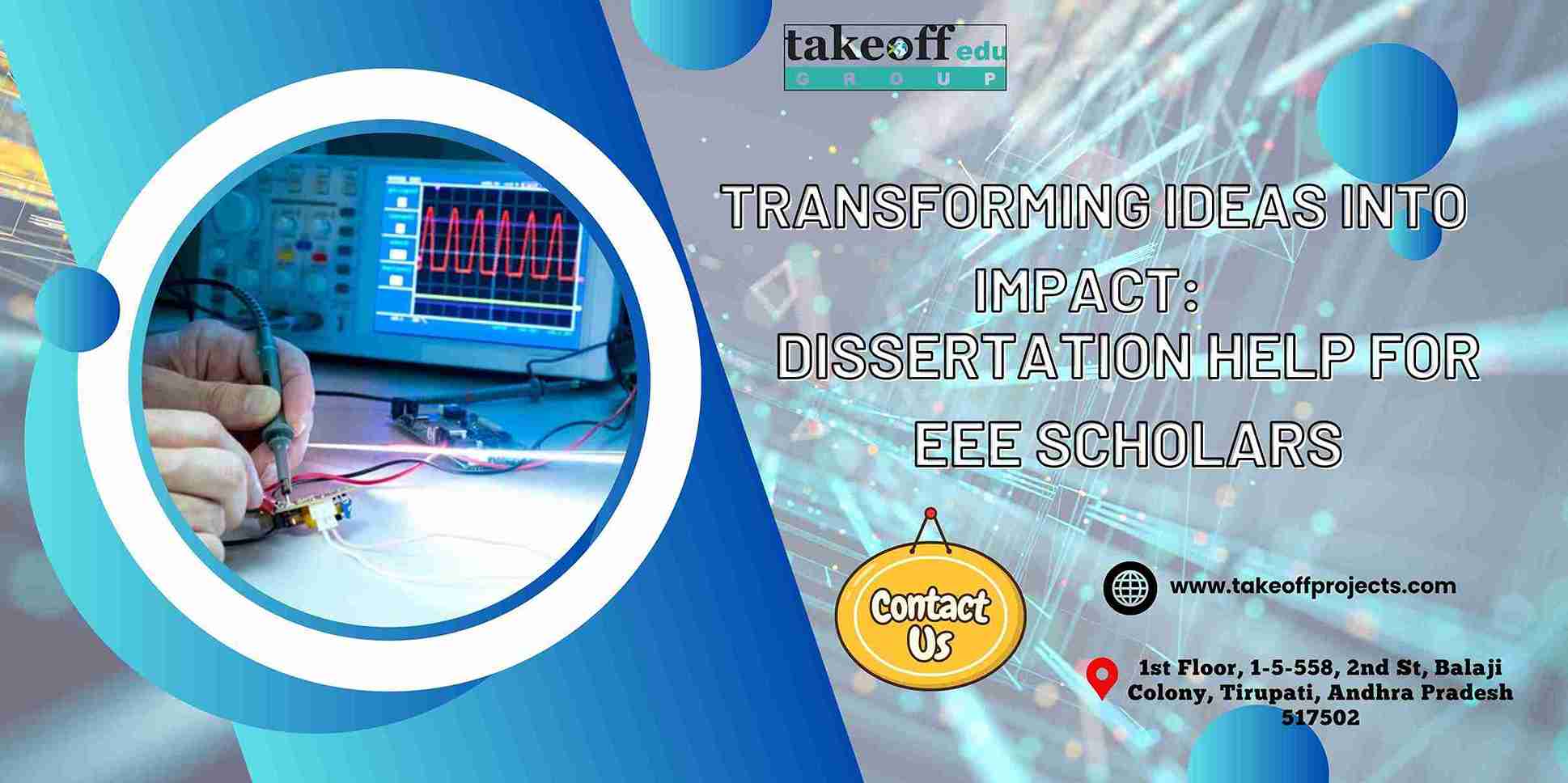 Transforming Ideas into Impact: Dissertation Help for EEE Scholars
Transforming Ideas into Impact: Dissertation Help for EEE Scholars  Navigate Your PhD with Confidence: Comprehensive Assistance Every Step of the Way
Navigate Your PhD with Confidence: Comprehensive Assistance Every Step of the Way  ECE Dissertation Success: Expert Tips for Writing and Publishing your Academic Success
ECE Dissertation Success: Expert Tips for Writing and Publishing your Academic Success 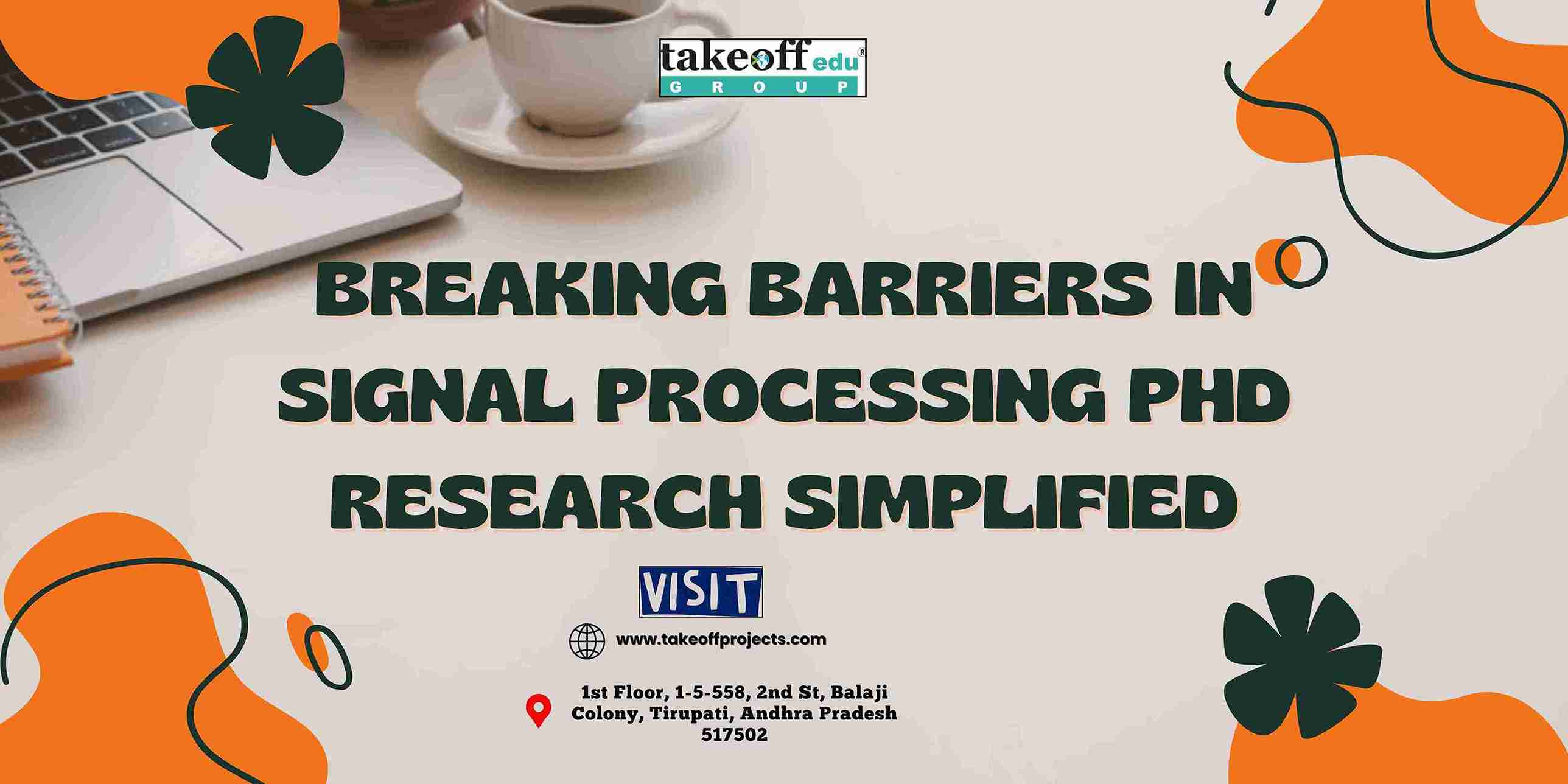 Breaking Barriers in Signal Processing: PhD Research Simplified
Breaking Barriers in Signal Processing: PhD Research Simplified  Building the Next-Gen Tech: A Guide to ECE Research and Publication
Building the Next-Gen Tech: A Guide to ECE Research and Publication 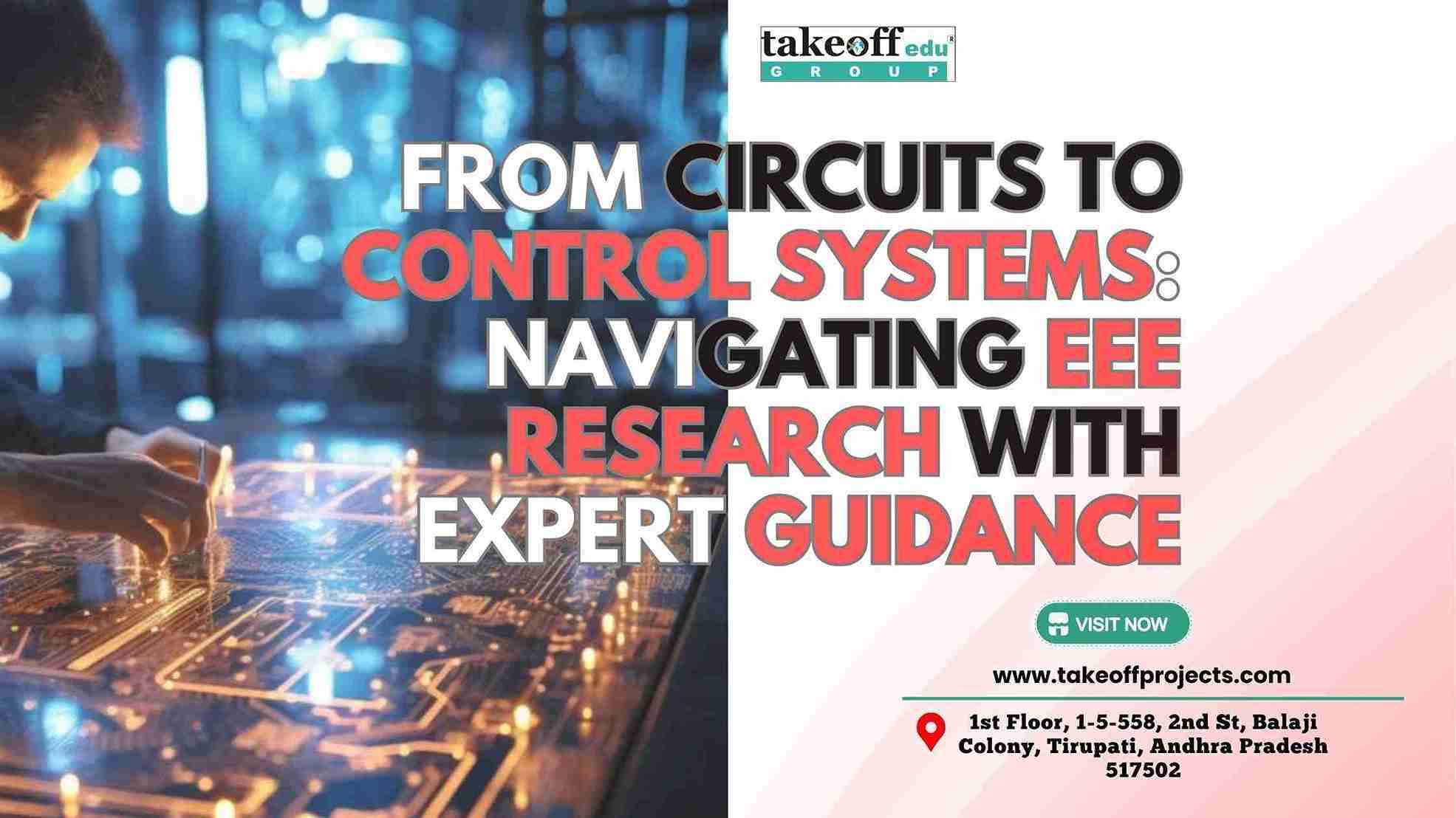 From Circuits to Control Systems: Navigating EEE Research with Expert Guidance
From Circuits to Control Systems: Navigating EEE Research with Expert Guidance  From Data to Discovery: Quantitative Analysis That Drives Results
From Data to Discovery: Quantitative Analysis That Drives Results 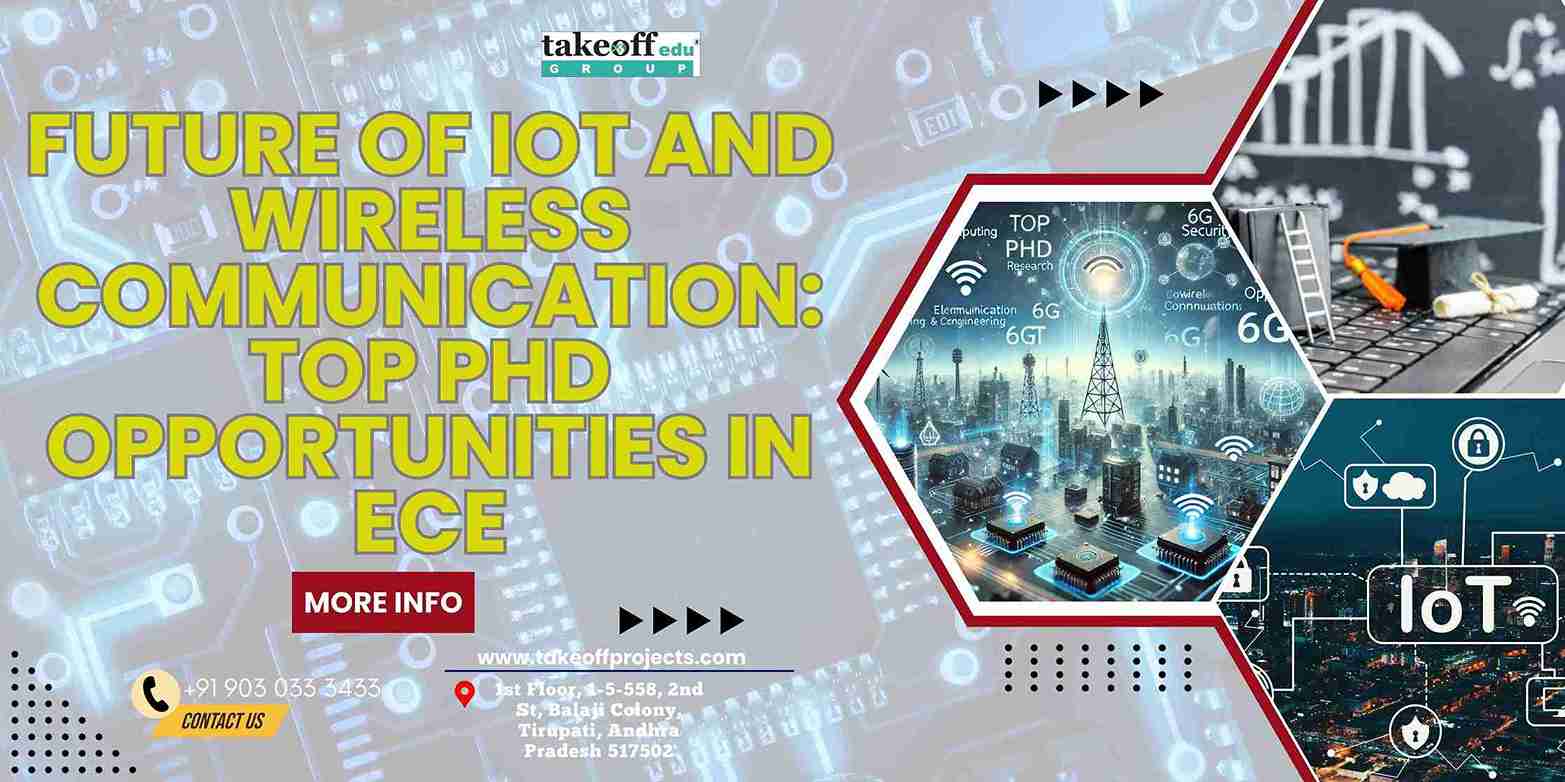 Future of IoT and Wireless Communication: Top PhD Opportunities in ECE
Future of IoT and Wireless Communication: Top PhD Opportunities in ECE 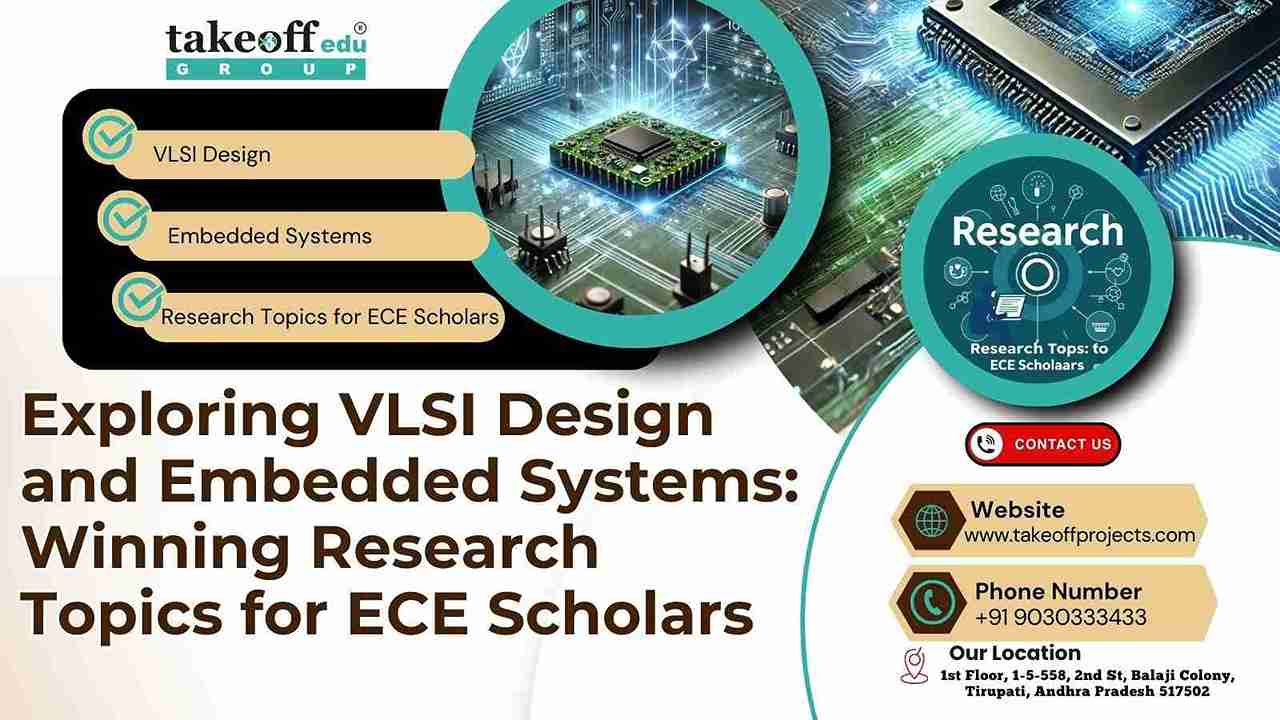 Exploring VLSI Design and Embedded Systems: Winning Research Topics for ECE Scholars
Exploring VLSI Design and Embedded Systems: Winning Research Topics for ECE Scholars  Expert-Approved Techniques for Crafting a Winning PhD Synopsis
Expert-Approved Techniques for Crafting a Winning PhD Synopsis  Writing with Purpose: How to Create Engaging Seminar Papers That Stand Out
Writing with Purpose: How to Create Engaging Seminar Papers That Stand Out  Unlocking Publication Success: Your Guide to High-Impact Journal Articles
Unlocking Publication Success: Your Guide to High-Impact Journal Articles 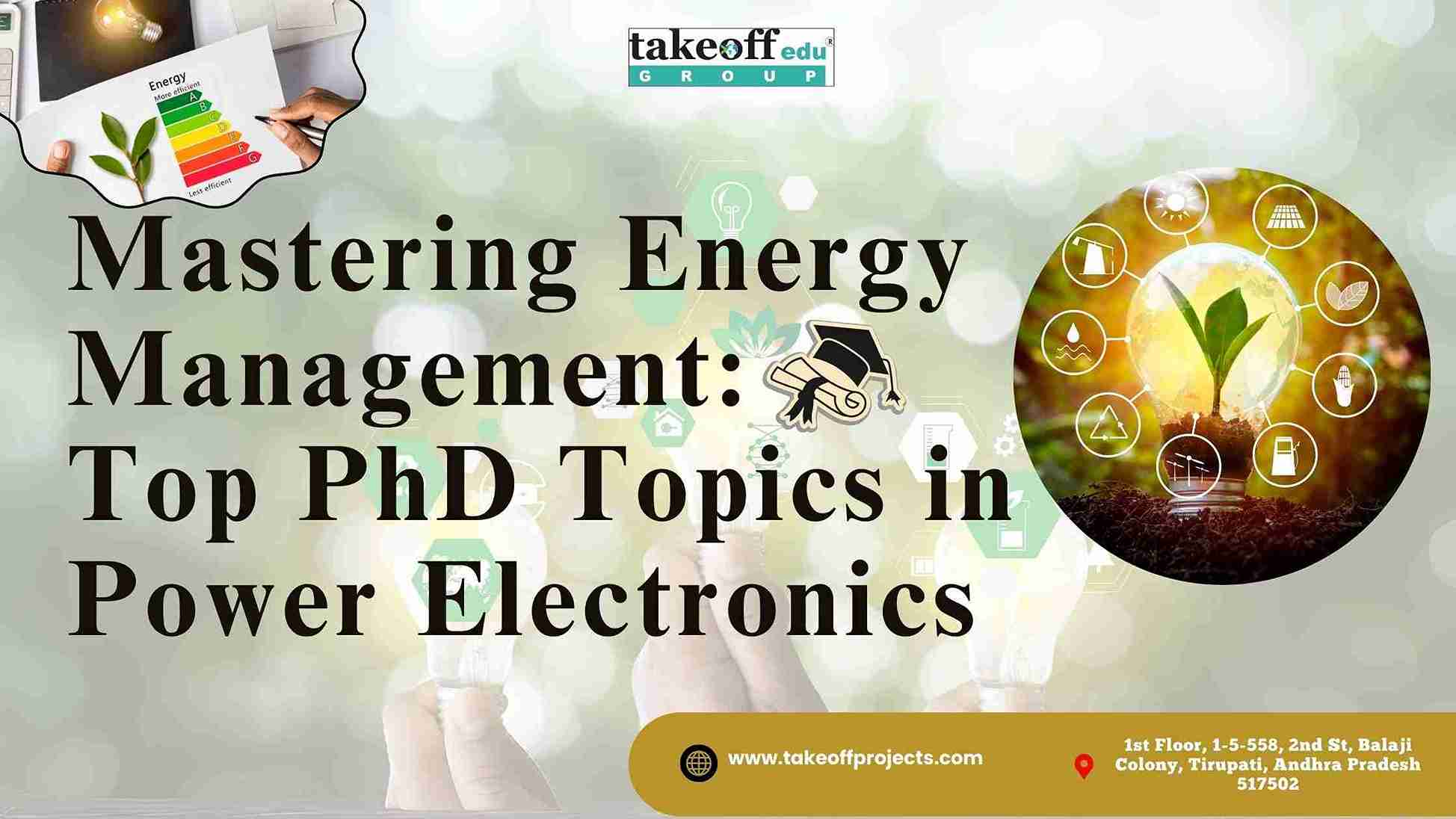 Mastering Energy Management: Top PhD Topics in Power Electronics
Mastering Energy Management: Top PhD Topics in Power Electronics  PhD Topic Selection Simplified: Choosing What Matters Most to You
PhD Topic Selection Simplified: Choosing What Matters Most to You 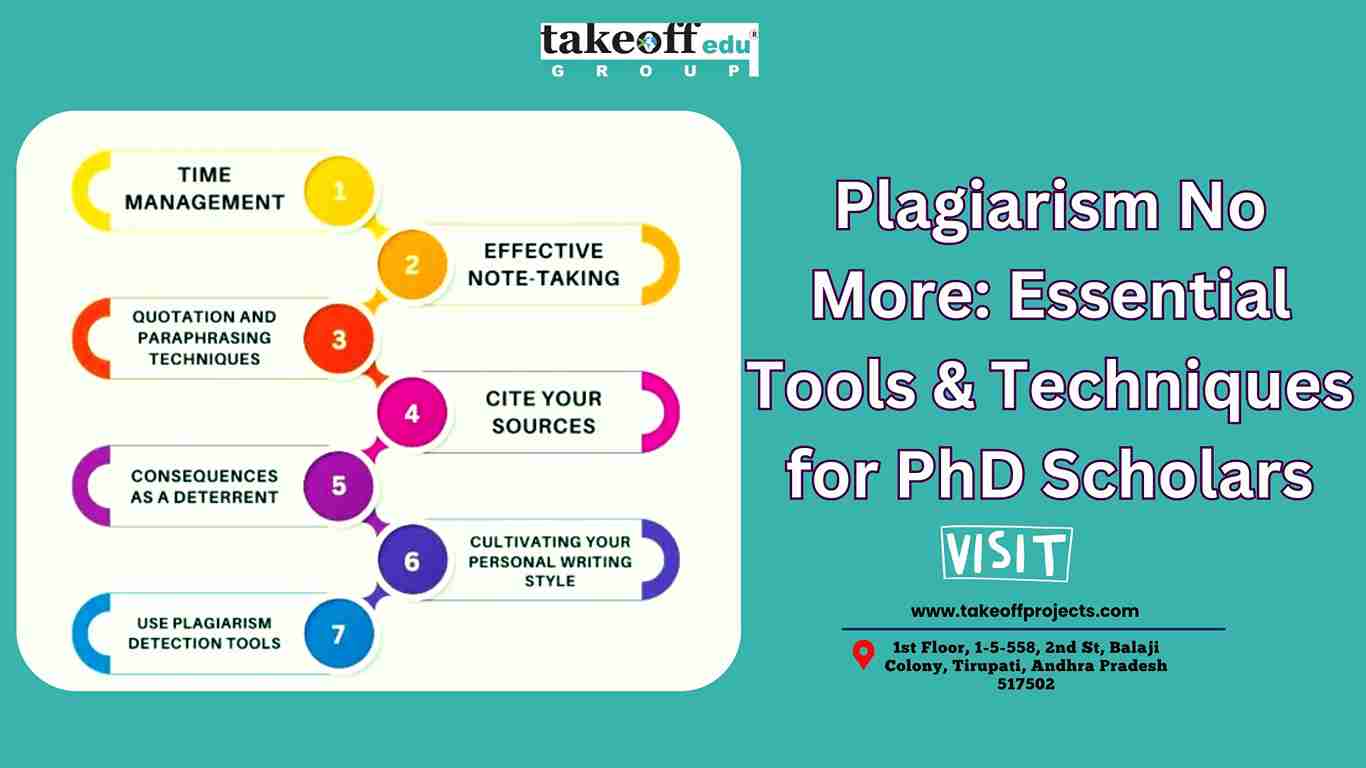 Plagiarism No More: Essential Tools and Techniques for PhD Scholars
Plagiarism No More: Essential Tools and Techniques for PhD Scholars 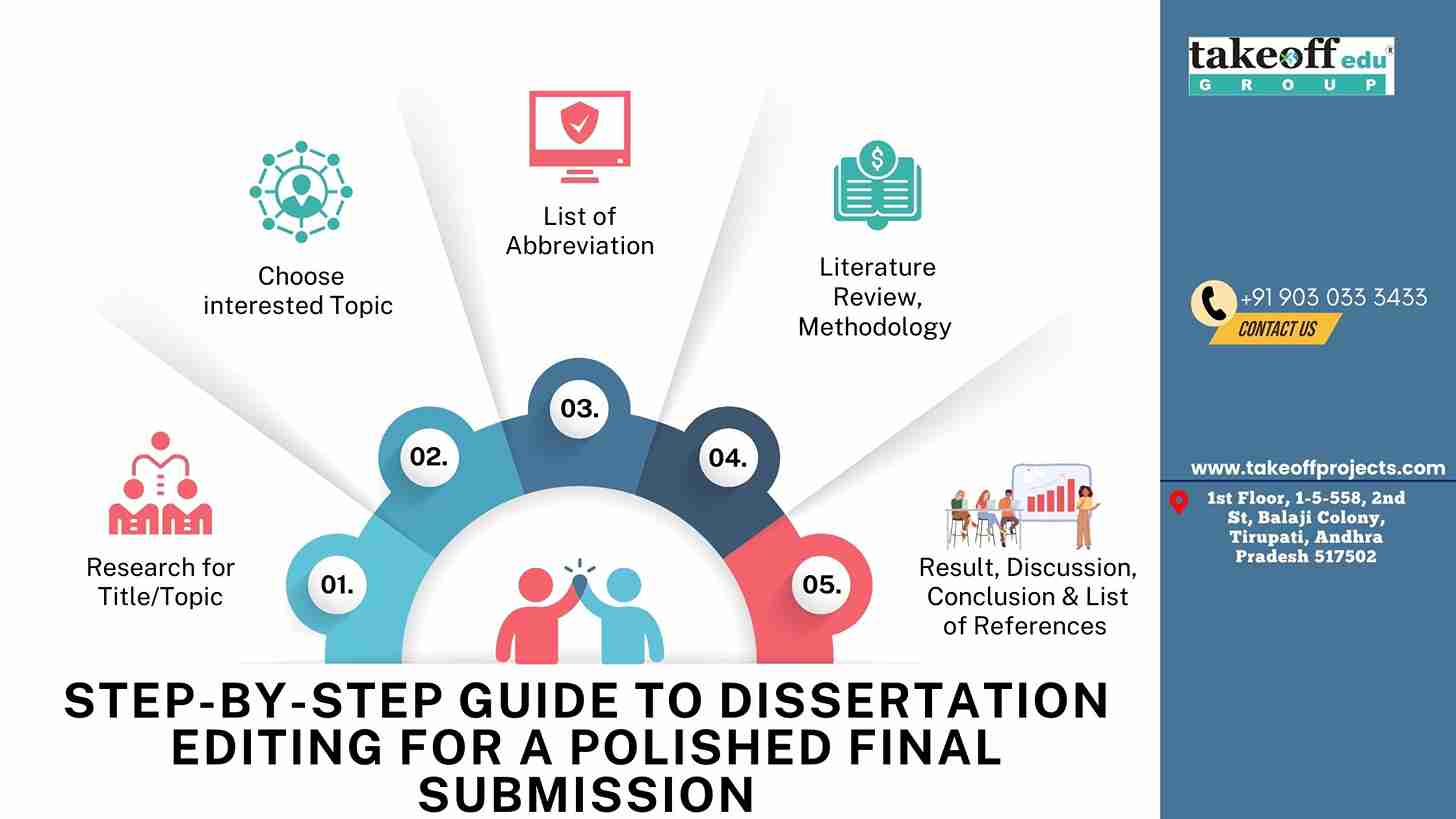 Step-by-Step Guide to Dissertation Editing for a Polished Final Submission
Step-by-Step Guide to Dissertation Editing for a Polished Final Submission  Why Literature Review Is the Backbone of Your PhD Research?
Why Literature Review Is the Backbone of Your PhD Research? 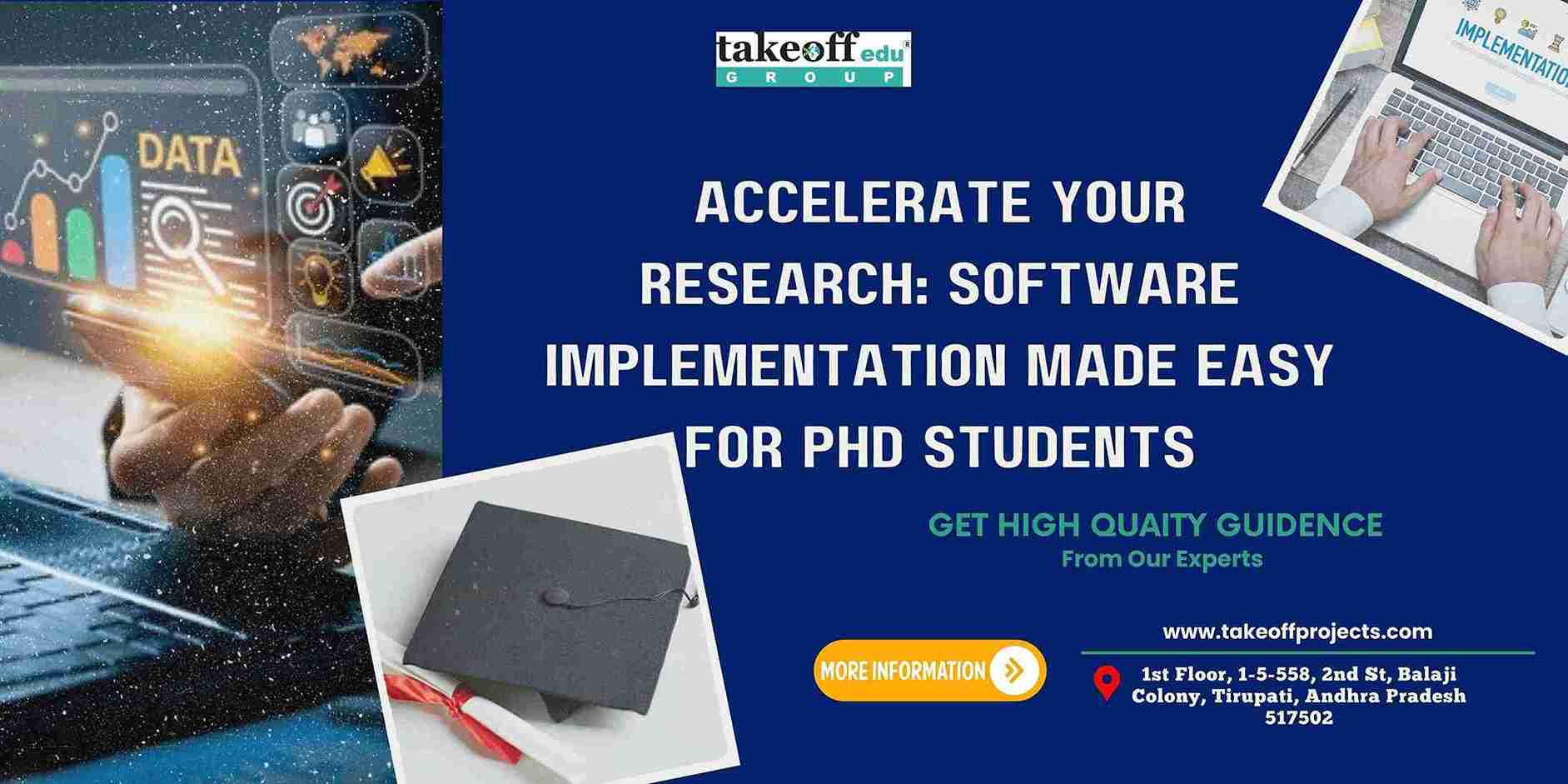 Accelerate Your Research: Software Implementation Made Easy for PhD Students
Accelerate Your Research: Software Implementation Made Easy for PhD Students  Stress-Free PhD Viva Voce Preparation: Expert Tips to Impress Examiners
Stress-Free PhD Viva Voce Preparation: Expert Tips to Impress Examiners 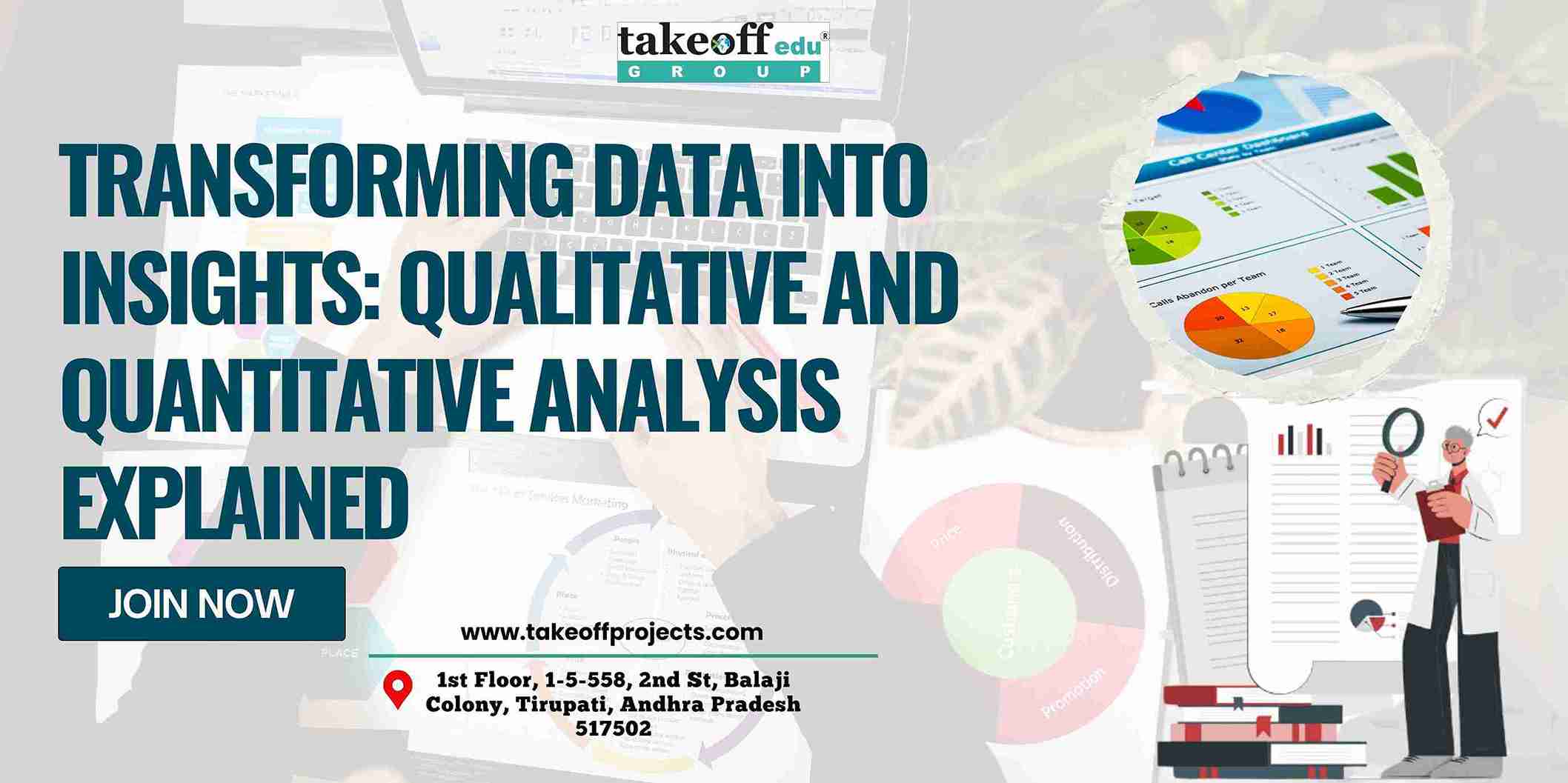 Transforming Data into Insights: Qualitative and Quantitative Analysis Explained
Transforming Data into Insights: Qualitative and Quantitative Analysis Explained 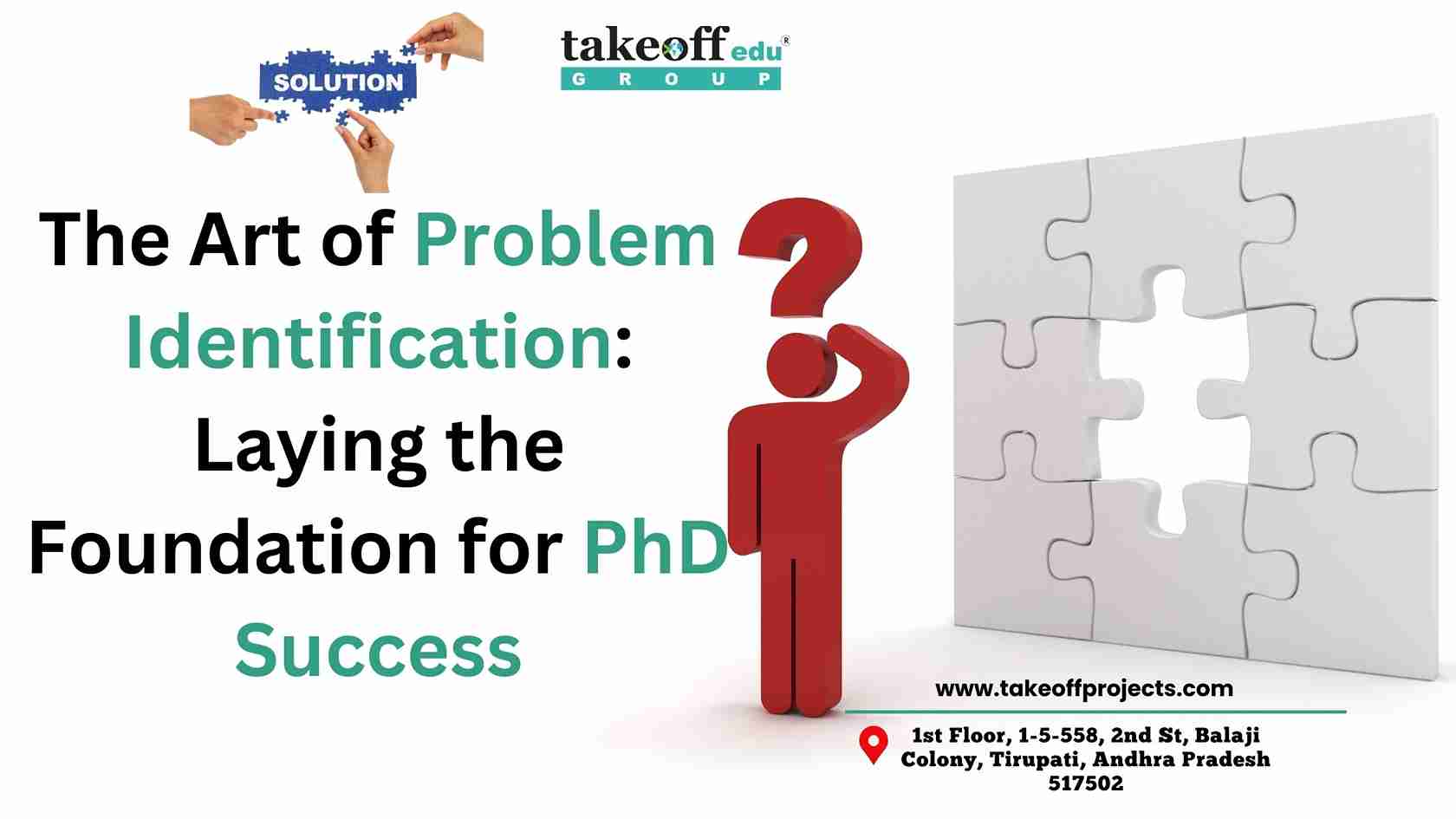 The Art of Problem Identification: Laying the Foundation for PhD Success
The Art of Problem Identification: Laying the Foundation for PhD Success  Say Goodbye to Plagiarism Worries: A Guide to Flawless Dissertation Writing
Say Goodbye to Plagiarism Worries: A Guide to Flawless Dissertation Writing  From Idea to Impact: Crafting High-Quality Conference and Seminar Papers
From Idea to Impact: Crafting High-Quality Conference and Seminar Papers 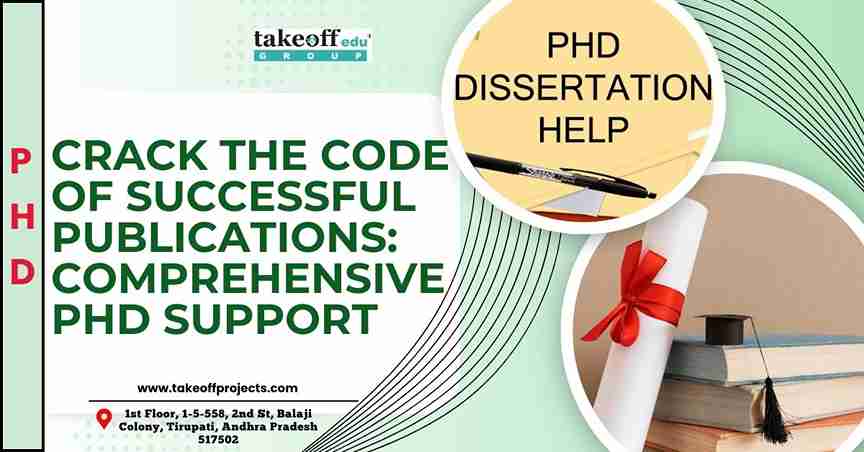 Crack the Code of Successful Publications: Comprehensive PhD Support
Crack the Code of Successful Publications: Comprehensive PhD Support  Top Strategies for Writing a Journal Ready Manuscript with Zero Plagiarism
Top Strategies for Writing a Journal Ready Manuscript with Zero Plagiarism  How to Nail Your PhD Research Proposal: Tips from the Pros
How to Nail Your PhD Research Proposal: Tips from the Pros 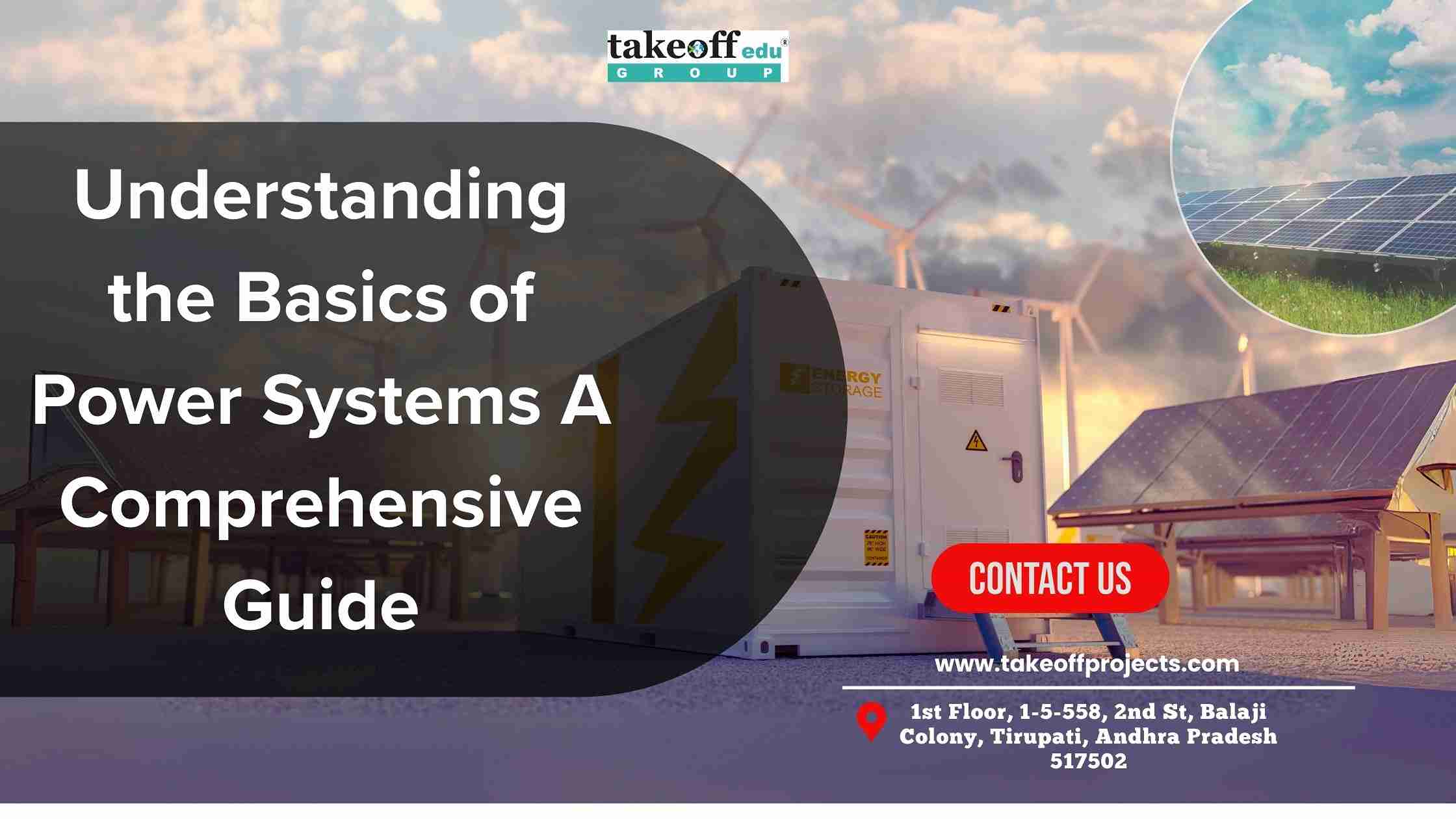 Understanding the Basics of Power Systems: A Comprehensive Guide
Understanding the Basics of Power Systems: A Comprehensive Guide  Turn Research Challenges into Opportunities: Expert PhD Consultation Services
Turn Research Challenges into Opportunities: Expert PhD Consultation Services 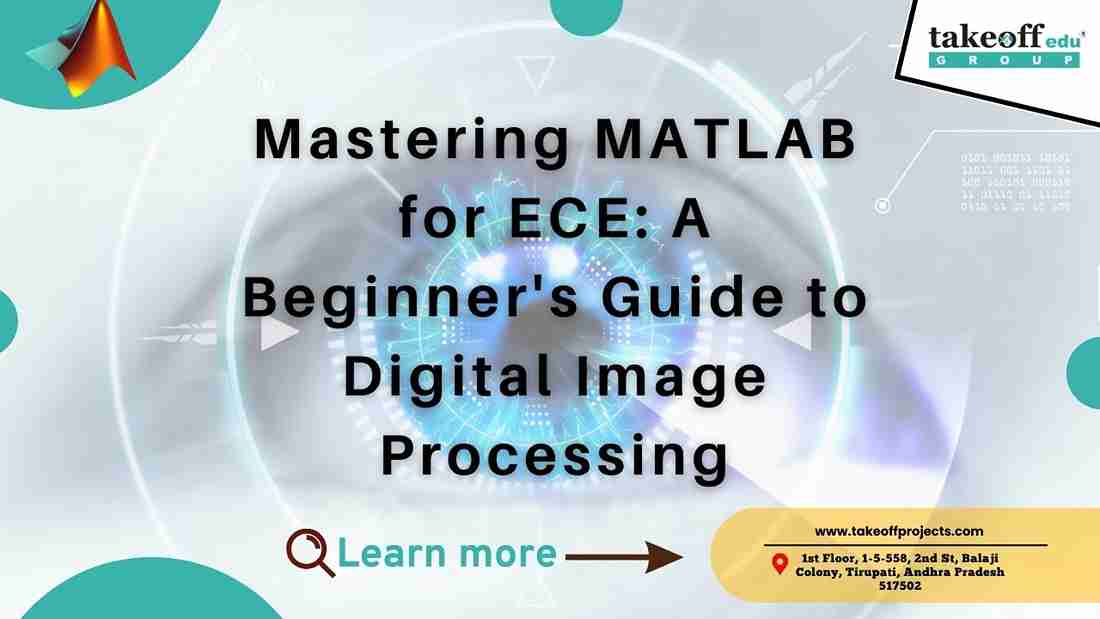 Mastering MATLAB for ECE: A Beginner's Guide to Digital Image Processing
Mastering MATLAB for ECE: A Beginner's Guide to Digital Image Processing  Mastering Your PhD Journey: From Topic Selection to Dissertation Success
Mastering Your PhD Journey: From Topic Selection to Dissertation Success  Assignment Writing Service
Assignment Writing Service  PhD Research Assistance
PhD Research Assistance 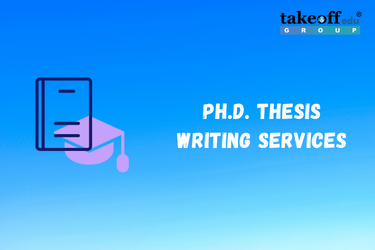 PhD Thesis Writing Services
PhD Thesis Writing Services  Masters Dissertation Writing
Masters Dissertation Writing 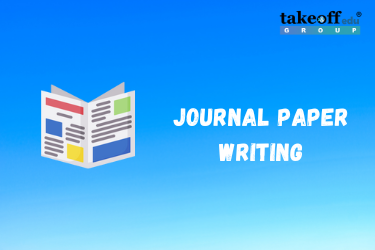 Journal Paper Writing
Journal Paper Writing 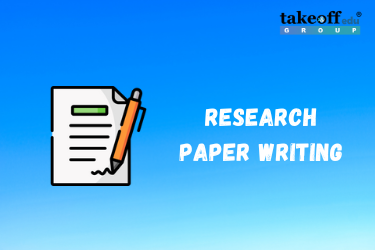 Research Paper Writing Services
Research Paper Writing Services 
 Paper Publishing
Paper Publishing


